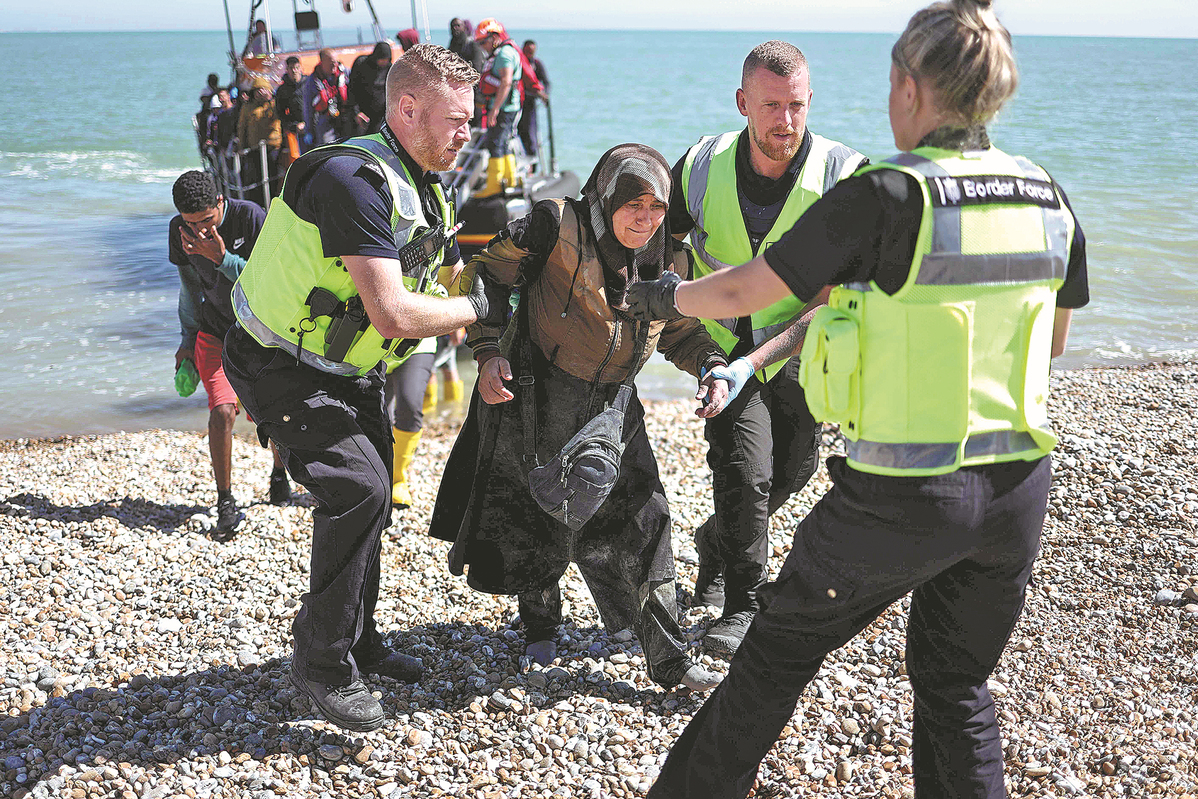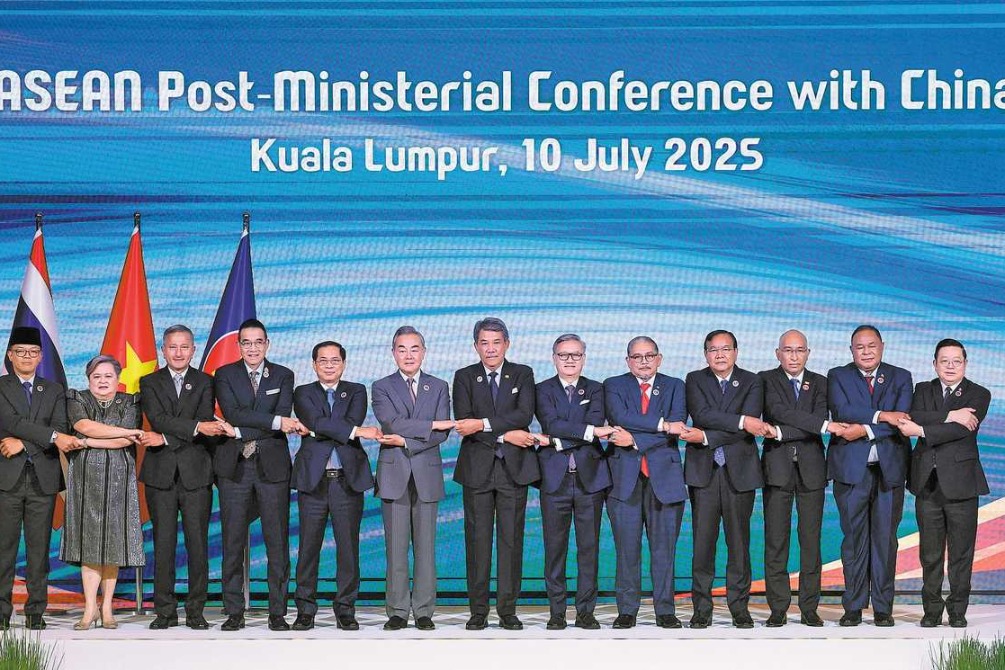Migrants become pawns in endless political game


Feeling the strain
Residents of the southern Italian island of Lampedusa were nominated for the Nobel Peace Prize in 2016 for their enlightened attitude toward migrants. However, after almost 10,000 arrived in one week in September this year, even the most charitable of people began to feel the strain.
Italy has called upon its European partners to share the burden of dealing with so many new arrivals, which has put the unity of Europe at risk.
"Countries like Italy or Greece, another major arrival point, want an allocation of responsibilities, but some other countries don't agree," Geddes said. "The events of 2015-16 exposed differences between nations on how they should share responsibilities — there's more agreement now on the need for cooperation, but it is still a sticking point."
In France, President Emmanuel Macron's flagship immigration policy has limped through Parliament after criticism and initial rejection from all sides, and this year has also seen a significant change of heart in Germany, for so long the desired destination of many migrants.
Statistics from the European Union Agency for Asylum showed that more than 60 percent of asylum applications submitted in the European Union by Syrians in the first half of this year were made in Germany, and for many years, the country has been welcoming.
In 2015, then-chancellor Angela Merkel said "We can do this" as she announced an open-door immigration policy, adding, "If we start having to apologize for showing a friendly face in an emergency situation, then this is not my country."
But in 2023, with years of steady migration having been added to by an estimated 1 million Russia-Ukraine conflict refugees, Chancellor Olaf Scholz has become notably less welcoming.
In an October interview with news magazine Der Spiegel, he said "too many are coming" and "we must finally deport on a large scale those who have no right to stay in Germany … we must deport more and faster".
The far-right, anti-immigration Alternative for Germany party, previously mainly popular in the east of the country, has grown in support nationwide, prompting co-leader Alice Weidel to say it "has become a major all-German party".
"So we have arrived," Weidel said.
Geddes from Florence said, "Over the last year or so, a significant change across the EU is that very prominent right-wing parties have been setting the agenda on migration.































